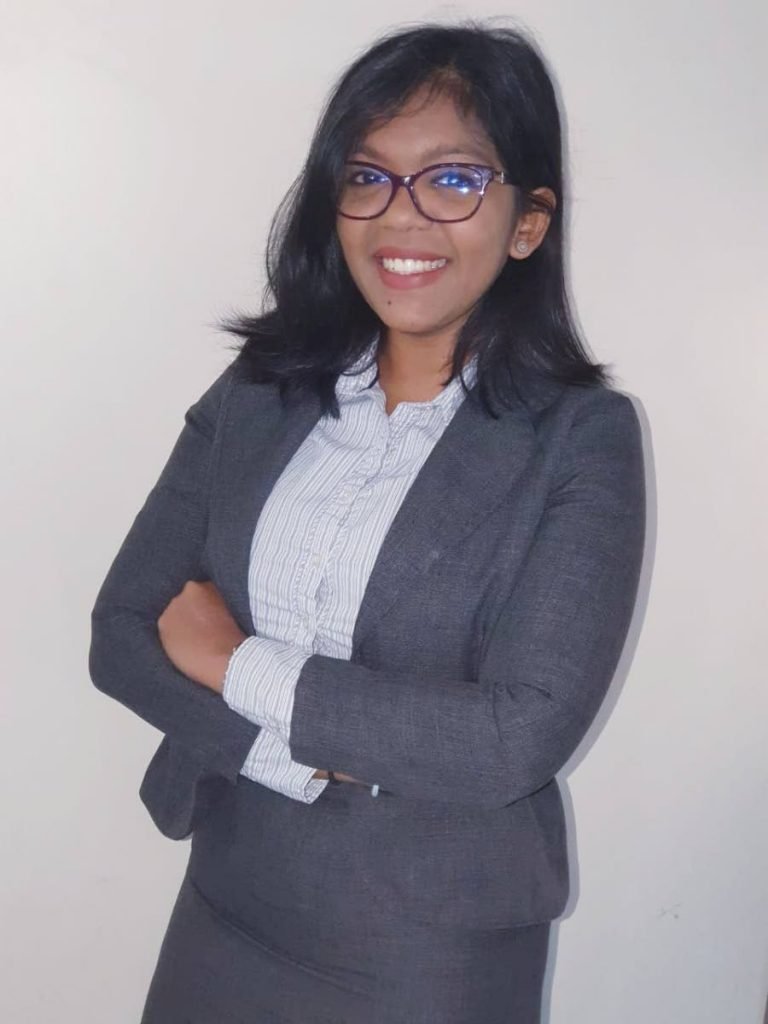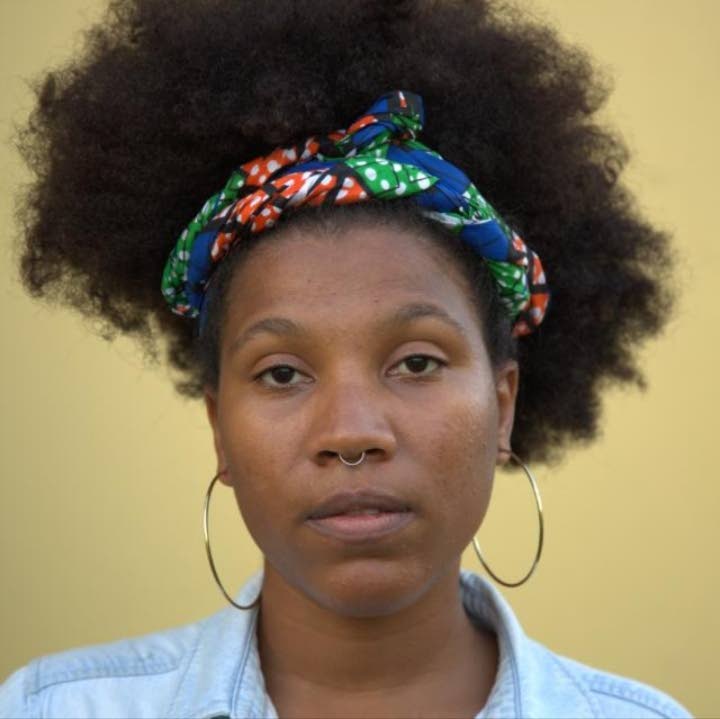Catering for special needs during pandemic

Globally, 163 countries including TT are signatories to the United Nations Convention on the Rights of Persons with Disabilities (CRPD).
Since the convention’s adoption in 2006, at the UN Headquarters in New York, signatories have been mandated to guarantee people with special needs basic human rights.
Yet, every day, people with special needs face barriers to basic human rights like access to information, social services, health care, social inclusion, education and a basic standard of living.
Sunday Newsday spoke to two special needs advocates who identified how access to these rights have become more difficult during the covid19 pandemic and what TT’s government can do to ensure people with special needs are not marginalised in the country’s post-covid19 planning.
As a director at the Down Syndrome Family Network, Laurina Ramkaran’s duties include advocating on the legal importance of including and mainstreaming people with Down Syndrome and other disabilities into conventional society.
Ramkaran, 23, a legal education certificate student at the Hugh Wooding Law School, said it is quite possible that many people with special needs may not have properly accessed covid19 information due to the communication mediums used.
“Public messages are mainly drafted with only “healthy” people in mind.
“These communication strategies do not always include qualified sign language interpretation for televised announcements, websites that are accessible to people with different disabilities, and telephone-based services that have text capabilities for people who are deaf or hard of hearing,” said Ramkaran.
The heavy reliance on social media to share covid19 updates may have come to the disadvantage of many in the special need’s community said Ramkaran. Social media and technology-based platforms are not generally user-friendly to people with special needs and as such, access is usually lower among the group.
Johannah-Rae Reyes, a board member of the Deaf Empowerment and Action Foundation (DEAF), said her group also noticed covid19 information shared on social media was not in an accessible manner to the deaf community and took matters into their own hands.

“When DEAF realised the (covid19 information) needs of the deaf community were not being met, we teamed up with the TTAHI and the Lloyd Best Institute of the Caribbean.
“DEAF’s own covid19 communication products were developed and posted on their social media so that the deaf community can have the information they needed,” said Reyes.
But blunders on social media is just one of many weak points in the communication of covid19 information. Reyes said another problem is the quality of sign language services during the Ministry of Health’s covid19 press briefings as interpreters are not being positioned properly and the inserts are not clear enough.
“Products about covid19 and the various government initiatives are not being made available in Trinidad and Tobago Sign Language.
“There is a hotline number with no text or video call features, with interpreter or signing medical professional, so that is not catering to the needs of the deaf during this crisis.
“Posters with a lot of English text or explanatory Facebook captions are not helpful due to the variation in English literacy within the deaf community,” said Reyes as she lamented these areas must be improved in the communication strategies for future crises.
In other areas those with special needs may have been disproportionately affected during covid19, Ramkaran said the transition to online modes of learning have added an extra barrier for children with special needs to access quality education.
“As online methods of learning are implemented, children with different disabilities may be excluded.
“Not only are they excluded if they do not have assistive devices to allow participation and accommodate learning needs but also if online instructions are not made accessible to them,” said Ramkaran.

Ramkaran fears that special needs students have been placed at a disadvantage especially those not able to access materials specially suited to their needs and those without teachers trained in remotely supporting children with special needs.
With many of these special needs’ challenges having existed before covid19 and being exacerbated by the pandemic, Ramkaran and Reyes think government can use its post-covid19 recovery efforts as a building block to a more inclusive society.
But they both agree the representatives on the government’s covid19 Road Map to Recovery team is less than enough to do so.
They both think the team’s strong financial focus is also its weakness as it lacks the inclusion of experts who understand the social dimensions of the covid19 pandemic which includes catering to the needs and well-being of vulnerable groups like people with special needs.
“Measures taken by governments to mitigate the risks to health and life posed by covid-19 must consider the specific attributes and circumstances faced by people with disabilities.
“The state also has a heightened responsibility towards this population due to the structural discrimination they experience,” said Ramkaran.
Ramkaran added that from a legal point of view, especially given TT is a signatory to the UN’s CRPD, the inclusion of a special needs advocate on the Road Map to Recovery team would ensure the health, education and psychological needs of special needs people in a post-covid19 TT.
Reyes said moving forward, interpretation services or in-house signing professionals must be adequately available in all government institutions and education campaigns.
With covid19 highlighting the importance of efficient health services for all, Reyes also suggest the government should invest in the deployment of signing medical professionals or interpreters at all health facilities to cater to the needs of the deaf community.
“By integrating interpreters and signing professionals throughout government institutions, this will allow the deaf to navigate their own life as an independent citizen.
“It will also build the capacity of the government to deal with future emergencies like this covid19 crisis. In the future, they would already have these resources integrated to coordinate efforts with the deaf,” said Reyes.
Among the list of suitable people Reyes think can adequately represent the special needs community on the Road Map to Recovery team are cerebral palsy advocate Shamla Maharaj, vice president of the TT Association for the Hearing-Impaired Ian Dhanoolal and director of the Down Syndrome Network Glen Niles.
“The disabilities community is vast with physiological and psychological illnesses. One would need to be aware of these subcommunities in order to contribute and guide policies.
“I'm not sure all that knowledge exists in one person but not having the special needs communities as an after-thought while planning would definitely be an improvement on the road to recovery,” said Reyes.


Comments
"Catering for special needs during pandemic"